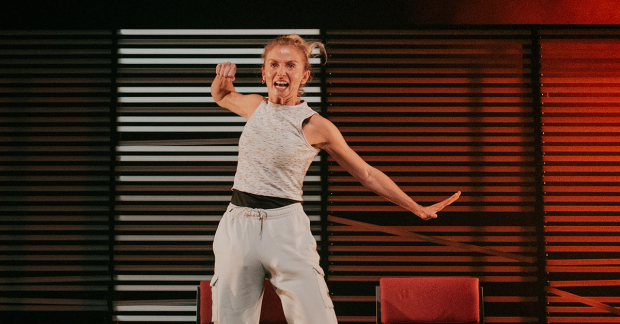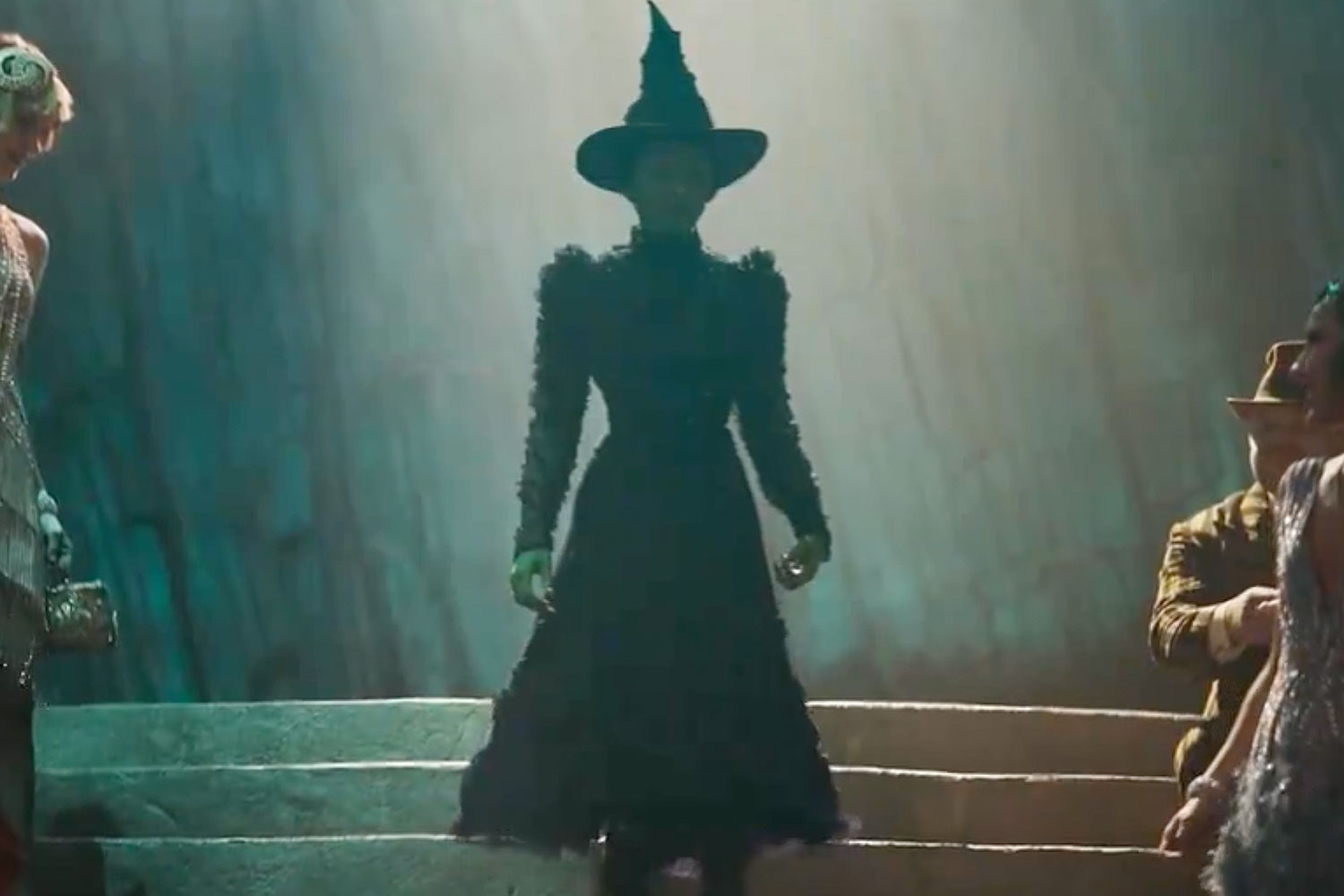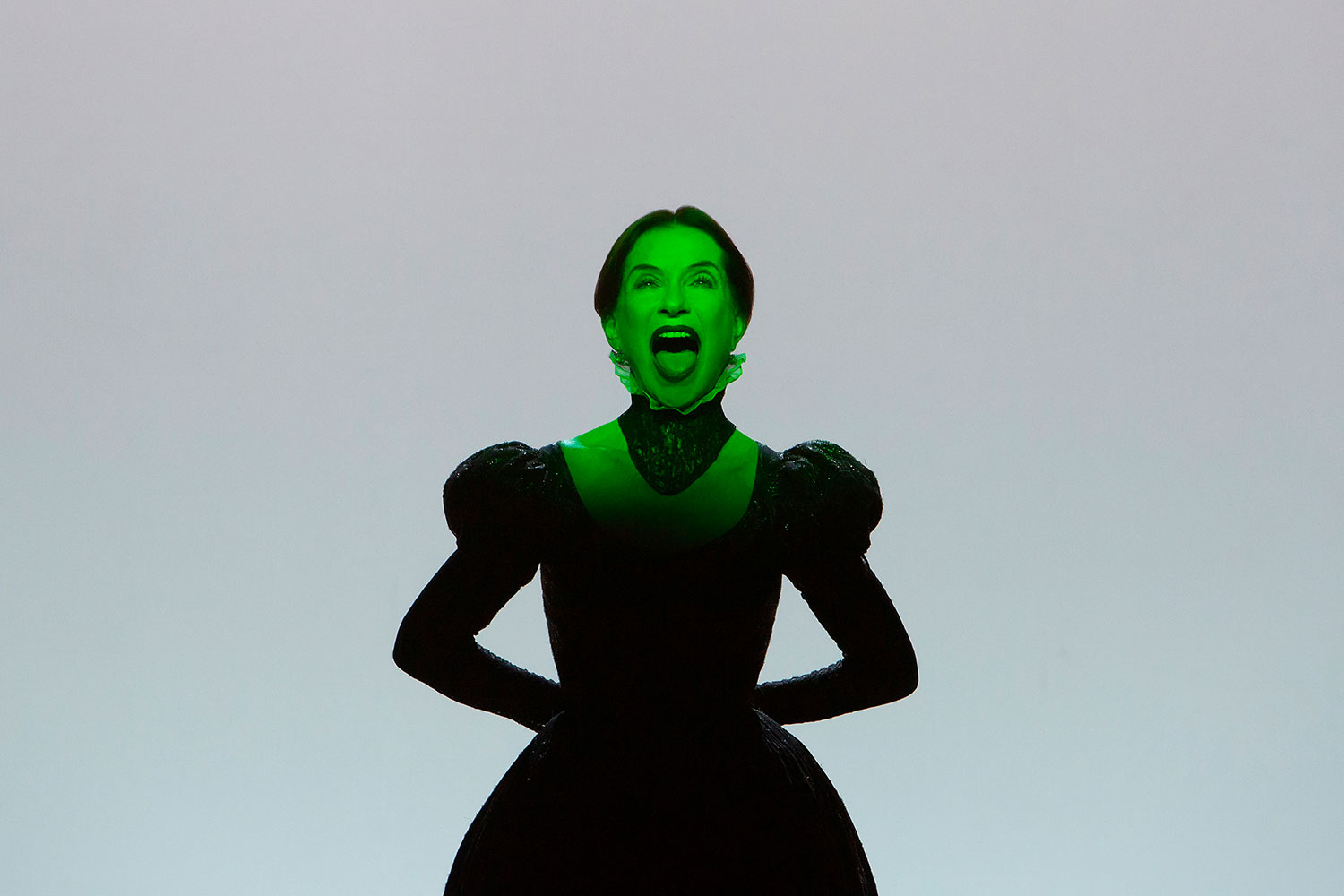”Iphigenia in Splott” review – acclaimed production returns with blistering bite

© Jennifer McCord
It could be considered an indictment on a stagnating, if not worsening, class disparity in Britain that this play, which first took aim at neglectful austerity measures in 2016, seems even more blisteringly relevant today.
Iphigenia in Splott is among the personal effects that Rachel O’Riordan has brought with her to the post of artistic director at the Lyric Hammersmith, having previously directed the play’s premiere at the Sherman Theatre where she held the same position. When it transferred to the temporary theatrical space at the National Theatre it broke ground as the first work to do so from a Welsh producing house. Its recent programming at the Hammersmith venue offers it the largest stage in its history and represents the last time it will be mounted by its original creative team.
Loosely inspired by one of the last Euripidean tragedies in which Agamemnon consents to the sacrifice of his daughter during the Trojan war in order to appease the wilful goddess Artemis, Gary Owen whimsically trades the ancient Greek port of Aulis for Splott, a Southern district of Cardiff. In Splott, the only war affecting the local community is the persistent government underfunding that has all but eradicated vital health services. Euripides made extensive use of tragic irony, through which his audiences were painfully aware of the impending fatal consequences his characters remained ignorant of. Owen, however, achieves the opposite as his protagonist Effie is entirely cognisant of the heartbreak she will endure when she begins this story, while this audience is helpless but to discover its full emotional impact with each devastating turn.
Reprising her award-winning performance as Effie is Sophie Melville, an actor whose dynamic charisma proves capable of rendering an objectively jagged and admittedly amoral character endearing. Though she is quick to acknowledge the negative preconceptions she perpetuates through weekly alcoholic and drug-fuelled activities, it is her charm and enduring likeability that prove the most striking. This is perhaps why the real power of her performance can sneak up on you. As Melville lies with her head upstage, bathed in an oppressive light, she inhales a deep, audible breath, something her audience have scarcely done since she began the gripping monodrama.
A piece so emotionally raw it merits a content warning, the piercing script moves with an exponential pace, its scope broadening with each sentence as an intimate story about one young woman’s experience ultimately becomes the lens through which we glimpse a detailed portrait of working class desperation. At its conclusion Effie feels a hundred miles from where she began: an argument with her grandmother and a scheme to get apocalyptically drunk. Throughout this, the backdrop to her story is a network of independently controllable fluorescent tubes, a winning collaboration between set designer Hayley Grindle and lighting designer Rachel Mortimer, crucially programmed by Matt Turnbull.
Having already earned accolades aplenty, Iphigenia in Splott scarcely needs my endorsement: but I will proclaim its vitality and necessity nonetheless. The play, which O’Riordan describes as a call to arms, certainly succeeds in bringing audiences instantly and unanimously to their feet.












